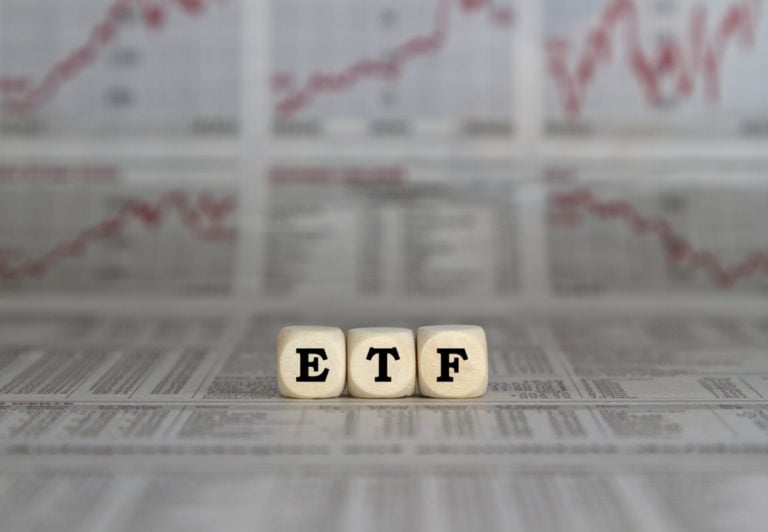At first glance, it is difficult to distinguish an investor from a speculator. In any case, both buying and selling shares should be done after a preliminary analysis of the market. However, they are very different.
Even before we begin our acquaintance with the stock market, it is worth understanding the difference between investing and speculating. On the exchange every day there is an exchange: shares change hands, which causes constant price fluctuations. Behind every transaction is a different person, different motivation, different strategy and different rules. They all have the same goal – to make money. However, their methods differ – some invest, others speculate.
Let’s check what the differences are. Who is the investor?
Investing is buying shares of companies at their value with the expectation of long-term growth of the company, followed by profits. As the definition implies, you need to be patient, because no company grows from week to week. Here stock portfolios of companies are built for many years. An investor can also earn in a slightly different way than just on price growth. The buyer of the shares becomes a co-owner of the company. As a shareholder, he can go to a general meeting organized by the company and profit from so-called dividends.
Dividends are part of the profits that a company shares with investors who own shares. Thus, the investor will receive a salary every year.
Investing requires a good analysis of the company whose shares you want to buy. After all, the goal is to increase the value of the acquired assets in the long term. To assess the prospects of this sector of the economy and the company itself, you need to learn how to read recommendations and comments, be aware of market information and learn how to combine facts. An efficient investor can create portfolios that generate systematic returns year after year.
Who is a speculator? The main thing for such a person is profit. It does not matter what the company he buys does and how its business develops. The main thing is the high price volatility on which you can make a profit. Often the direction of the movement does not even matter, because speculators also profit from falling prices using instruments such as contracts. When stock prices fall, the speculator makes a profit.
If a speculator buys shares, mainly with the aim of reselling them quickly for profit. A perfect example of speculation was the reaction of leasing companies to Brexit. As stocks plummeted after the UK referendum results were announced, speculators were able to buy shares cheaply. Most stocks bounced back over the next few days. Fear had big eyes, and in a few days it was possible to earn even a few tens of percent on the cheapest companies.
The chart is much more important for speculation – the financial performance of a company or the state of the economy itself does not matter much. Much more important are the emotions in the market, such as fear caused by a potential financial crisis or the changes that accompany elections in countries such as the United States. If you can quickly make a profit on large price swings, there will be room for speculation. However, do not forget that large price fluctuations are a lot of stress and high risk.
Time is of the essence
The time factor seems to be the simplest criterion by which one can distinguish a trader from a speculator. If we are investing in stocks with the expectation of further development of the company, higher financial results and possibly dividends, patience will be advised – the development of the company can take years. The history of many companies shows that it was worth waiting a few years to get a few hundred percent gains, ahead of tools such as funds.
Speculation requires a good understanding of stock market sentiment in the short term and reflection. You have to react quickly to changes in the stock market, because the best speculation is often price changes for up to several days – strong sell-offs and a possible return to the starting price. A successful speculator often waits a long time for an opportunity and actually watches the market with cash in his wallet, while an investor keeps most of his money in securities for a long time.
The paradox of speculation lies precisely in the time spent: speculation is very short, but the speculator himself spends much more time in front of the charts than the trader who simply holds an open position.
One does not exclude the other
Theoretically, you do not have to choose once and for all between an investor and a speculator. However, combining a portfolio of stocks with a speculative portfolio is very difficult, requires a lot of experience and is time consuming.
It is also worth remembering that speculation is much riskier than investing. An experienced investor can build up a small speculative portfolio over time, while maintaining the principle that most of the money is spent on investing in stocks, and less for the opportunity to use speculative methods. The equity portfolio regularly increases capital, while the speculative portion can bring in a “bonus” amount if a market opportunity arises.
Investor sleeps better
While the speculator struggles with the market, trying to snatch some of the profits for himself from daily price fluctuations, the investor selects stocks for the portfolio and calmly waits, controlling risk. This approach allows you to focus on work or running a business, while invested savings bring profit by increasing capital. The best example of investing in valuable companies is the strategy of the famous investor Warren Buffett.
He builds portfolios over the years, choosing shares of reliable companies that have long shared profits with shareholders, paying so-called dividends. This simple strategy, which has been used for decades, outperforms aggressive mutual fund speculators.
Success in investing depends on what the investor knows and what the market conditions are. No one influences the second factor, but the first one depends only on the experience that the investor acquires with each subsequent transaction. Investing is a process and as experience is gained, results will come.














